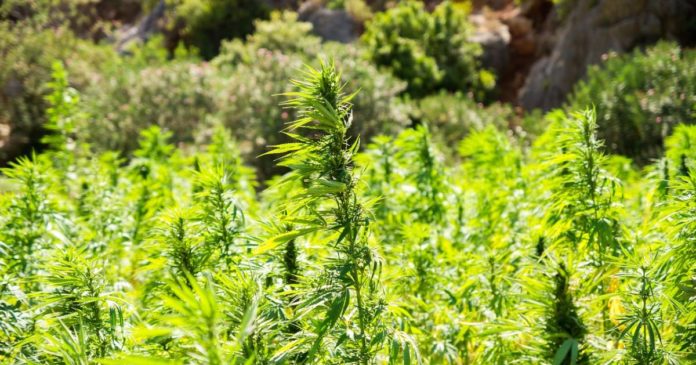A study of the phytoremediation potential of industrial hemp in mopping up copper-contaminated Mediterranean soils has revealed some interesting results.
While copper (Cu) is a metal that is an essential micronutrient for the growth of both plants and animals, too much causes toxicity. Scrubbing soils of heavy metal contamination can be a costly affair, but this is where plants can be of help, soaking up contaminants and storing them within the plant itself. But uses for these contaminated plants can be limited.
Among hemp’s many uses in agriculture is phytoremediation. It has been used in places including the Chernobyl nuclear power plant in Pripyat, Ukraine to help address soil radioactivity.
Researchers from the University of Thessaly and Aristotle University of Thessaloniki in Greece investigated the potential for hemp phytoremediation of copper-contaminated Mediterranean soils specifically.
The researchers found hemp can successfully grow in soils both high and low in copper levels. But furthermore, the above-ground biomass is almost free of metals and can be used for hemp fiber production.
Importantly, the presence of copper in soils did not appear to disrupt the production of cannabidiol (CBD), but actually increased it after boosting soil Cu content. The hemp flowers, from which CBD is most commonly extracted, had almost no detectable copper concentrations. The researchers suggest higher CBD production may occur as a defense mechanism against the increased metal concentration.
The researchers concluded:
“Therefore, hemp cultivation is promising for Mediterranean soils, as it produces high amounts of CBD in response to metal pollution stress and remediates polluted soils by accumulating the pollutants in the roots, leaving the stems clean for further utilization in the rope industry.”
But more research needs to be carried out.
“Investigating the potential impact of accumulated metals on the quality, yield and safety of the CBD produced could provide valuable information for both environmental and pharmaceutical purposes.”
So, how long does the process of cleaning up copper-contaminated soil take? The researchers state that based on their findings and in soils containing up to 200 ppm copper, it is possible to achieve soil phytoremediation using hemp in a period of less than five months.
The study has been published in the journal Waste And Biomass Valorization


